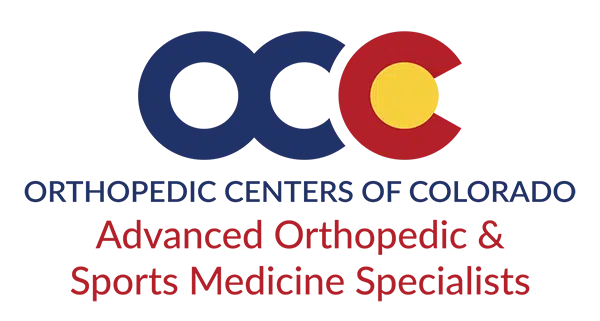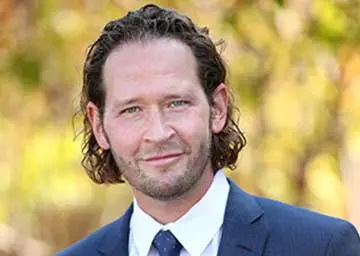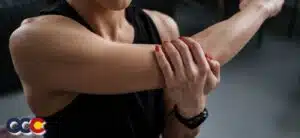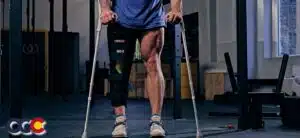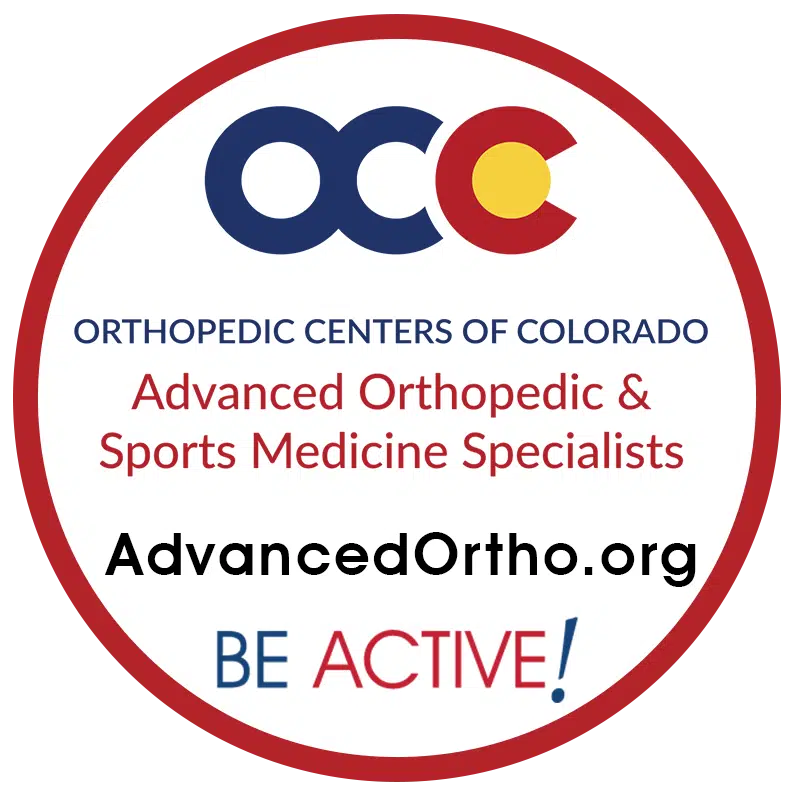Rotator cuff injuries can be painful and even debilitating, affecting millions of people worldwide. The rotator cuff is a group of tendons and muscles that surround the shoulder joint, providing stability and allowing for a wide range of motion. If you have shoulder pain and suspect a rotator cuff injury, read on to learn the different types, how it’s diagnosed, available treatment options, and the long-term prognosis for patients.
What a rotator cuff injury feels like: A rotator cuff injury can cause a variety of symptoms, including:
- Pain in the shoulder or upper arm, especially when lifting or reaching overhead
- Weakness in the affected arm
- Difficulty with certain movements, such as reaching behind the back or lifting objects
- A clicking or popping sensation in the shoulder
- Limited range of motion
Different types of rotator cuff injuries
Rotator cuff injuries can range from mild strains to complete tears. The severity of the injury determines the treatment approach. The different types of rotator cuff injuries include:
- Rotator cuff strain: A mild injury characterized by stretched or partially torn tendons, often caused by overuse or sudden trauma.
- Partial tear: A more significant injury where a part of the tendon is torn but still intact.
- Full tear: The tendon is completely severed, resulting in a complete tear.
- Degenerative tear: The tendon gradually weakens and tears over time due to aging, repetitive stress, or wear and tear.
Diagnosing rotator cuff tears
To properly diagnose a rotator cuff injury, an orthopedic specialist will typically perform a physical examination, during which they will assess the range of motion, your strength, and pain response. Your specialist may recommend imaging tests, such as X-rays, to rule out other causes and assess the bone structure. A magnetic Resonance Imaging (MRI) test or an ultrasound can also provide detailed images of the soft tissues and help determine the size and severity of a tear.
Treatment options for rotator cuff injuries
The treatment for rotator cuff injuries depends on the severity and individual factors. Your orthopedic specialist will review your specific situation, including the severity of the tear, your overall health, and your fitness and lifestyle goals, before recommending a treatment approach. Some common approaches include:
- Rest and physical therapy: Mild strains and partial tears often respond well to conservative treatments, including rest, anti-inflammatory medications, and targeted exercises to improve strength and flexibility.
- Corticosteroid injections: Injections of anti-inflammatory medication can provide temporary relief from pain and inflammation.
- Surgical intervention: Severe tears may require surgery to repair the tendon. Techniques such as arthroscopic repair or open surgery may be used, depending on the specific case. If surgery is required, your doctor will review the surgical options, recovery time and long-term prognosis so that you can make the informed decision that is best for your situation.
Long-term prognosis for rotator cuff injury patients:
The long-term prognosis for rotator cuff injuries varies depending on several factors, including the severity of the tear, age, overall health, and adherence to treatment and rehabilitation protocols. While some patients recover fully, others may experience persistent weakness or limited range of motion. Physical therapy and postoperative rehabilitation are essential for optimizing outcomes and restoring function.
Rotator cuff injuries can significantly impact your daily life and activities. Understanding the symptoms, getting a professional diagnosis, and treatment options can empower individuals to seek timely medical attention and initiate appropriate interventions. While the road to recovery may vary, early diagnosis, proper treatment, and diligent rehabilitation can greatly improve the long-term prognosis for rotator cuff injury patients, helping them regain strength, mobility, and a better quality of life.
Bottom of Form The orthopedic and sports medicine specialists at Advanced Orthopedic specialize in the evaluation, diagnosis and treatment of shoulder disorders including rotator cuff. Our physicians have expertise in non-surgical care using conservative comprehensive care such as physical therapy, interventional care, and injections. If surgery is necessary, our board-certified surgeons have advanced training in hand, arm and shoulder procedures. Schedule an appointment today.
